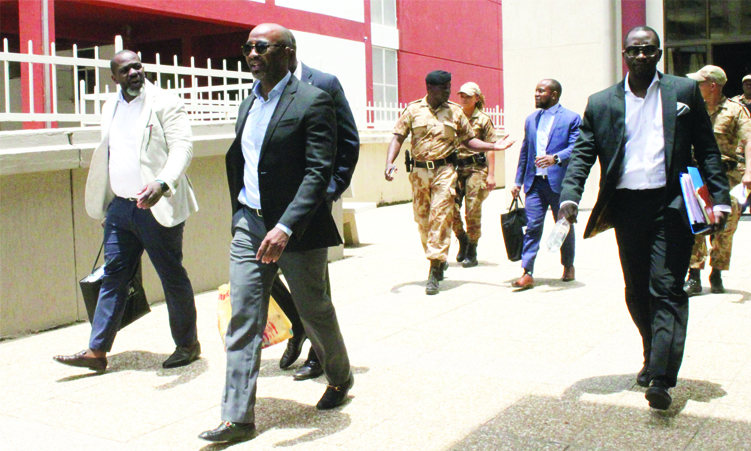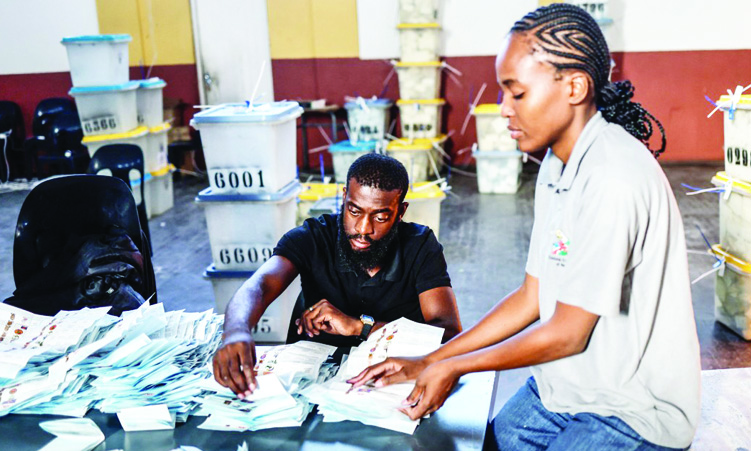The poor state of infrastructure in many areas of Africa impedes economic growth by up to 2% annually, according to a recent World Bank study.
For many years, reports from the International Monetary Fund and other multilateral institutions highlighted the consequence of underinvestment in infrastructure, and the absence of maintenance programmes and upgrading strategies.
According to the World Bank, decaying infrastructure or the lack of an infrastructure in certain areas of the continent reduces business productivity by up to 40%.
This is worrisome and a scary reality, as it is the business sector that creates wealth and jobs in an economy.
In the absence of reliable and consistent utility resources, such as electricity and water supply services, most businesses cannot operate at an optimal level of productivity.
Fortunately, communication is no longer a problem for the business sector in most regions, as government-controlled fixed or landline services were replaced by private sector-developed and managed cellular telephonic services and internet connectivity.
With roads in a state of disrepair, and metro rail services non-existent or dysfunctional mass urban and transportation by way of overloaded taxis – the only transportation option – people will arrive late to work.
In African it takes a considerable amount of time to travel in congested traffic, so when employees arrive at the workplace, they are exhausted and unable to perform their jobs optimally.
In the countries I have visited and worked in over the past few years, urban decay and collapsing roads and rail networks are endemic and particularly visible.
The journey is a lengthy process, and it is time consuming.
In those countries, there is a lackluster economic performance.
In Namibia, infrastructure investment, development and maintenance are different to those in the areas of Africa referred to in the World Bank’s study, and this becomes abundantly clear as one works across the country.
Please, don’t take my word for it – Namibia has consistently achieved a high rank in road infrastructure, energy investment and water resource development.
At Otjimbingwe this week, the water supply was cut for my entire stay, and on one of the days there was an electricity outage spanning from early morning right into the early evening.
On that entire workday, there was no cellular phone service or internet connection.
It was reported that the settlement’s water reservoir was drained for cleaning, sanitising and maintenance.
The electricity supply was disconnected for a day so that the power supplier utility workers could safely upgrade Otjimbingwe’s infrastructure.
It was difficult to work at Otjimbingwe this week, but one becomes accommodative on hearing the cause of the water, electricity and communication disruptions.
Infrastructure is essential for enhancing the quality of life for all Namibians, attracting domestic and foreign investment to marginal settlements and rural areas, and facilitating equitable economic growth.
The foundation of a nation’s economic development strategy is its public infrastructure.
It will deteriorate over time through daily use and requires constant maintenance, upgrading and even replacement.Investing in and regularly upgrading and maintaining the country’s infrastructure will keep Namibia on an economic growth trajectory. Long may this norm continue.
- * Danny Meyer is reachable at danny@smecompete.com
Stay informed with The Namibian – your source for credible journalism. Get in-depth reporting and opinions for
only N$85 a month. Invest in journalism, invest in democracy –
Subscribe Now!






